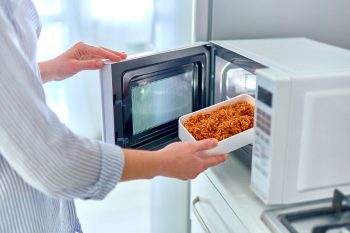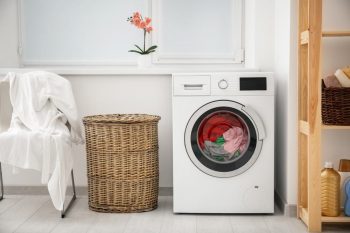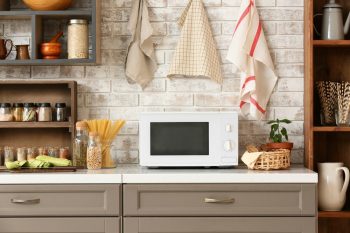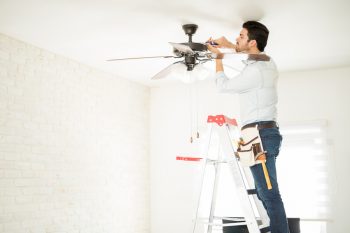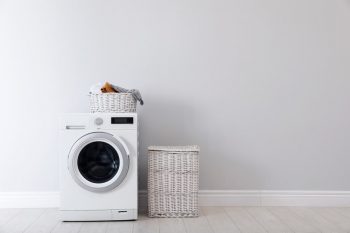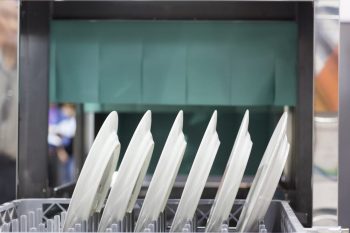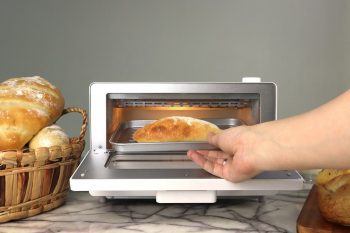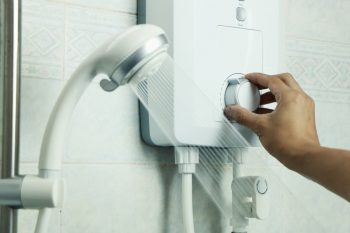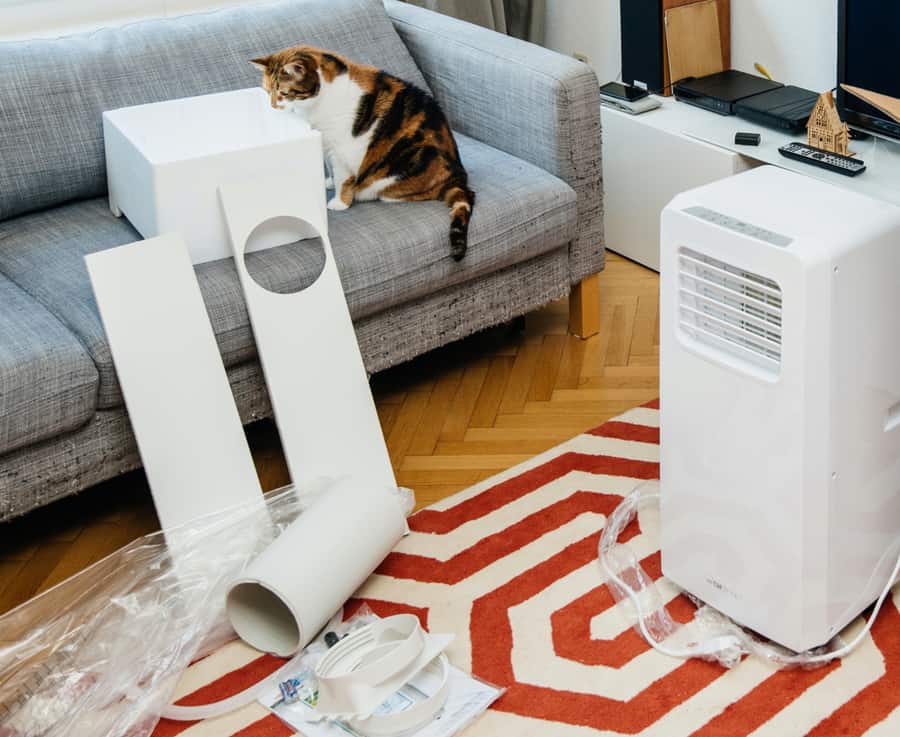
Are you looking for an air conditioner for your apartment or house? In recent years, there has been an increased popularity of portable self-evaporating AC units.
But what are self-evaporating air conditioners, and why should you get them rather than traditional appliances?
Self-evaporating air conditioners are considered one of the most efficient units available in the market.
In addition to climate control, these units also come with additional benefits you can take advantage of. If you are still looking for an AC, stick around and learn more about the self-evaporating unit.
This post will look at a self-evaporating air conditioner and how it works. In addition, we will look at some of the benefits and drawbacks of the unit.
Have you ever wondered where the moisture from your air conditioning goes? Let us look at how AC units drain moisture and what differentiates the self-evaporating units:
What Is a Self-Evaporating Air Conditioner?
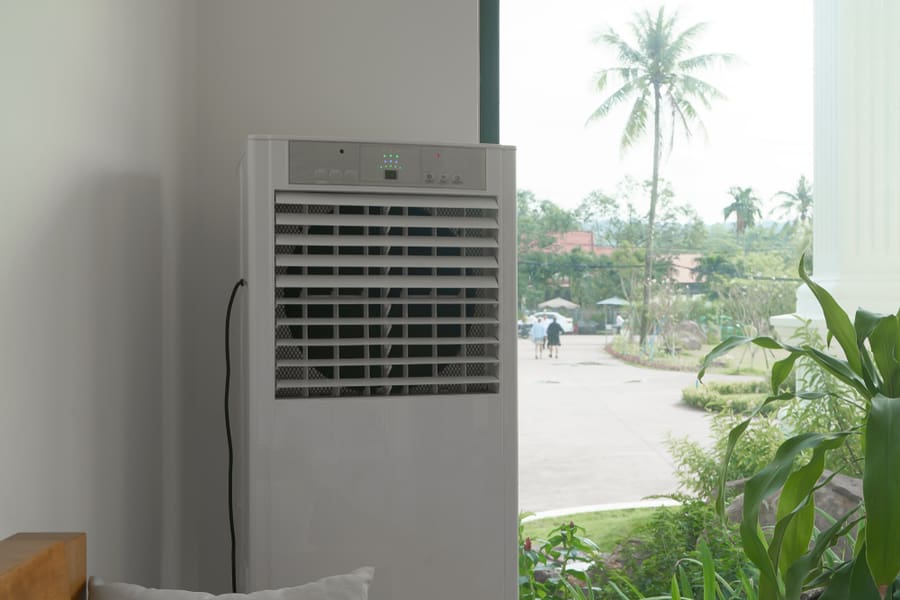
Self-evaporating AC is also referred to as a no-drip unit.
The air conditioners are meant to regulate the temperature of your room and draw out air moisture, either reusing it to cool the room or getting rid of it outside the house.
Most self-evaporating ACs come either as portable or window climate control units.
How Do Self-Evaporating ACs Work?
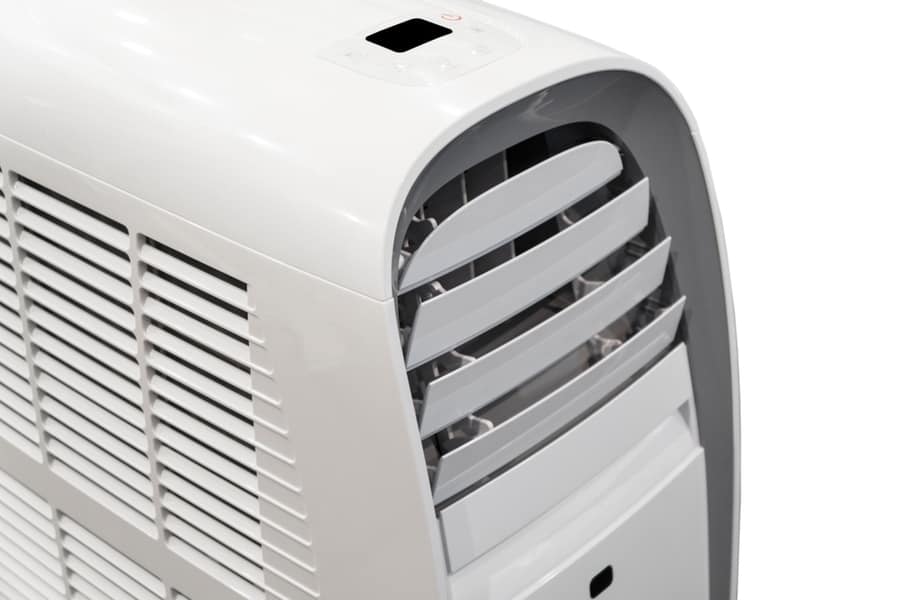
Air conditioners are not only meant to control the temperature of the room, but they also remove excess moisture from the air.
However, self-evaporating ACs have an added feature that removes excess moisture without needing a drain hose or a water-catcher tray.
The unit reuses the condensed water vapor from the air to help cool the room. This ensures better power efficiency than keeping the conditioner running to cool the house.
Likewise, any excess moisture left after the cooling is evaporated and expelled to the outside using a vent.
How Other Air Conditioning Units Work
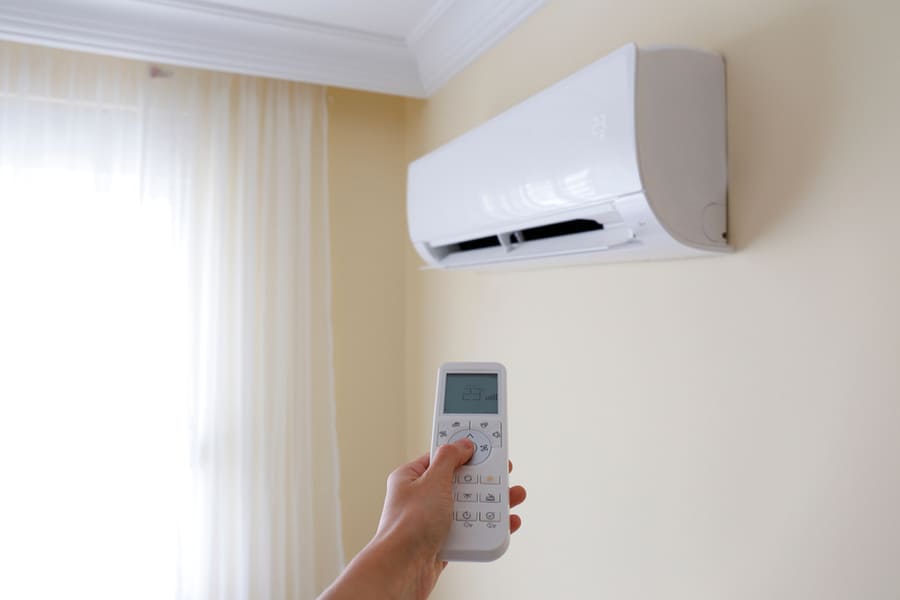
Traditional AC units condense excess moisture inside the unit, turning it into water droplets. The water is then collected in an internal reserve that requires periodic draining.
Some units have a draining pipe that removes this water outside, while others have a water-catcher tray that needs to be manually drained.
If the water is not drained from the AC unit, it can lead to an overflow, which can be a disaster for your house.
On the other hand, other appliances automatically turn off until the tray is emptied, which can be inconvenient on a hot day.
Benefits of Self-Evaporating ACs
If you still have doubts about getting the self-evaporating air conditioner, let us look at some of the benefits of the unit:
1. Excess Moisture Is Vented Out of the House
You do not have to worry about mold, dust, or your allergies acting up. Self-evaporating ACs remove excess humidity in the air, leaving your home less stuffy.
2. No Drain Required
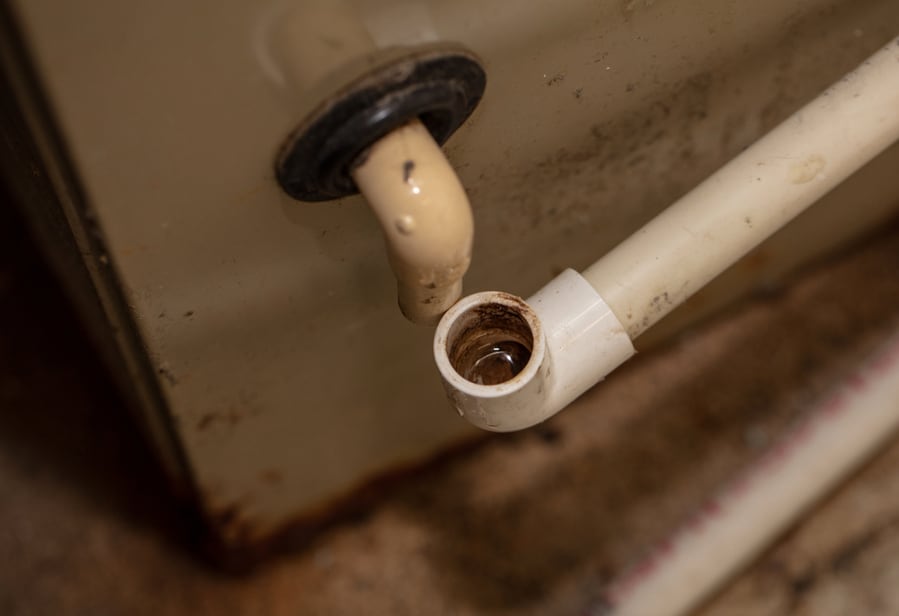
Likewise, self-evaporating units are also more convenient.
Water-catcher trays can overflow, leaving a mess in your house. Additionally, if your drainage pipe starts leaking, it can lead to expensive home repairs.
With a self-evaporating AC unit, you do not need to worry about taking out the catcher tray, or your AC will turn off.
3. Increased Efficiency

Likewise, self-evaporating air conditioners are also more energy efficient.
The unit uses condensed moisture to help with climate control, reducing the need for the conditioner to run constantly to cool the room.
4. Portability
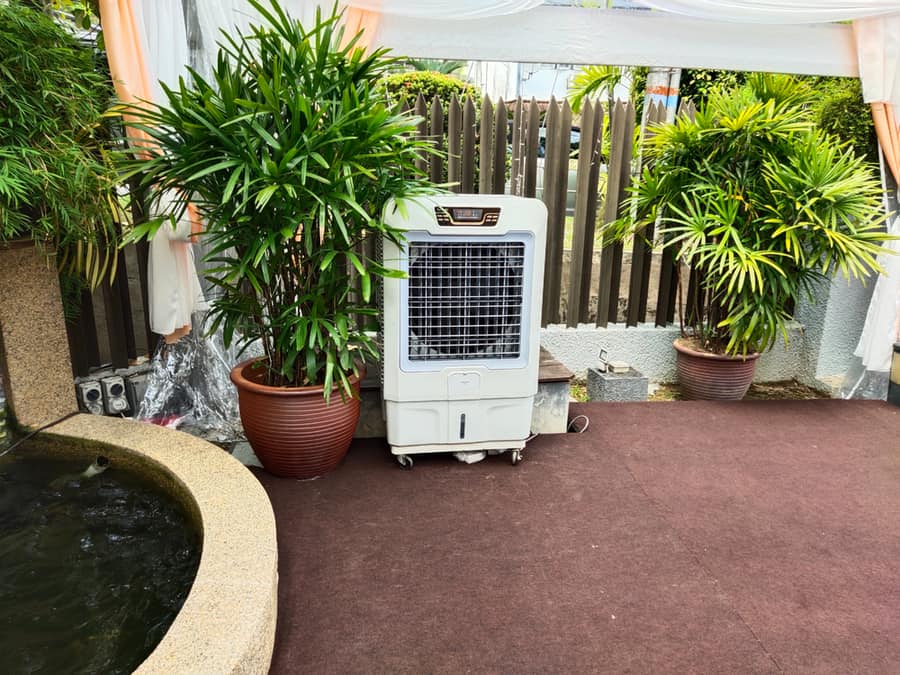
Lastly, if you have a portable AC or a window AC with a self-evaporating feature, you can still easily move the unit.
All you need to do is ensure that the appliance’s vent is directed outside to expel excess moisture. If the vent is too short, you can find a longer tube to attach to the vent.
Downsides of Self-Evaporating ACs
Though getting a self-evaporating unit does have its advantages, there are some disadvantages to purchasing the unit too:
1. Higher Purchase Price

The main downside to these types of air conditioners is the price. These units are expensive and might cause a dent in your wallet.
2. Higher Maintenance
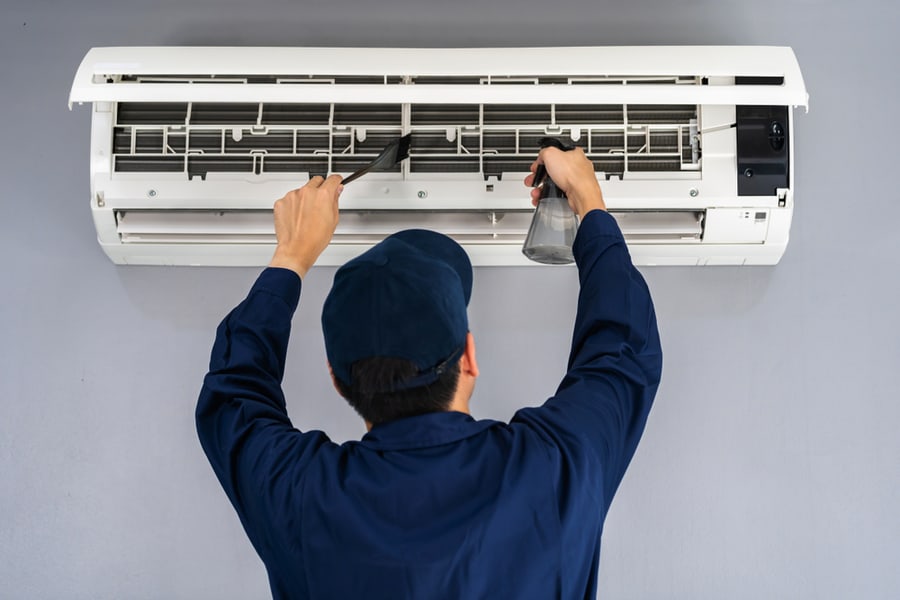
Additionally, the self-evaporating ACs are also expensive to maintain and repair.
Without the proper repair parts for the specific unit, there is a higher risk of damaging the air conditioner and rendering it useless.
Takeaway
If constantly emptying the water-catcher tray in your air conditioner is out of the picture, then you should get the self-evaporating AC.
Self-evaporating air conditioners evaporate excess moisture in the units and release it outside.
Self-evaporating units are more convenient, energy-efficient, and portable to move around the house. On the other hand, these ACs are more expensive and harder to maintain.
Frequently Asked Questions
How Does Auto Evaporation Work in an AC?
Auto evaporators use the heat generated by the AC’s compressor to evaporate excess moisture and release it outside the house using a vent.
Do Air Conditioners Act Like Dehumidifiers?
While AC units remove excess moisture from the air, this is a byproduct of the cooling process. Water is condensed as the air gets cooled, lowering indoor humidity.

